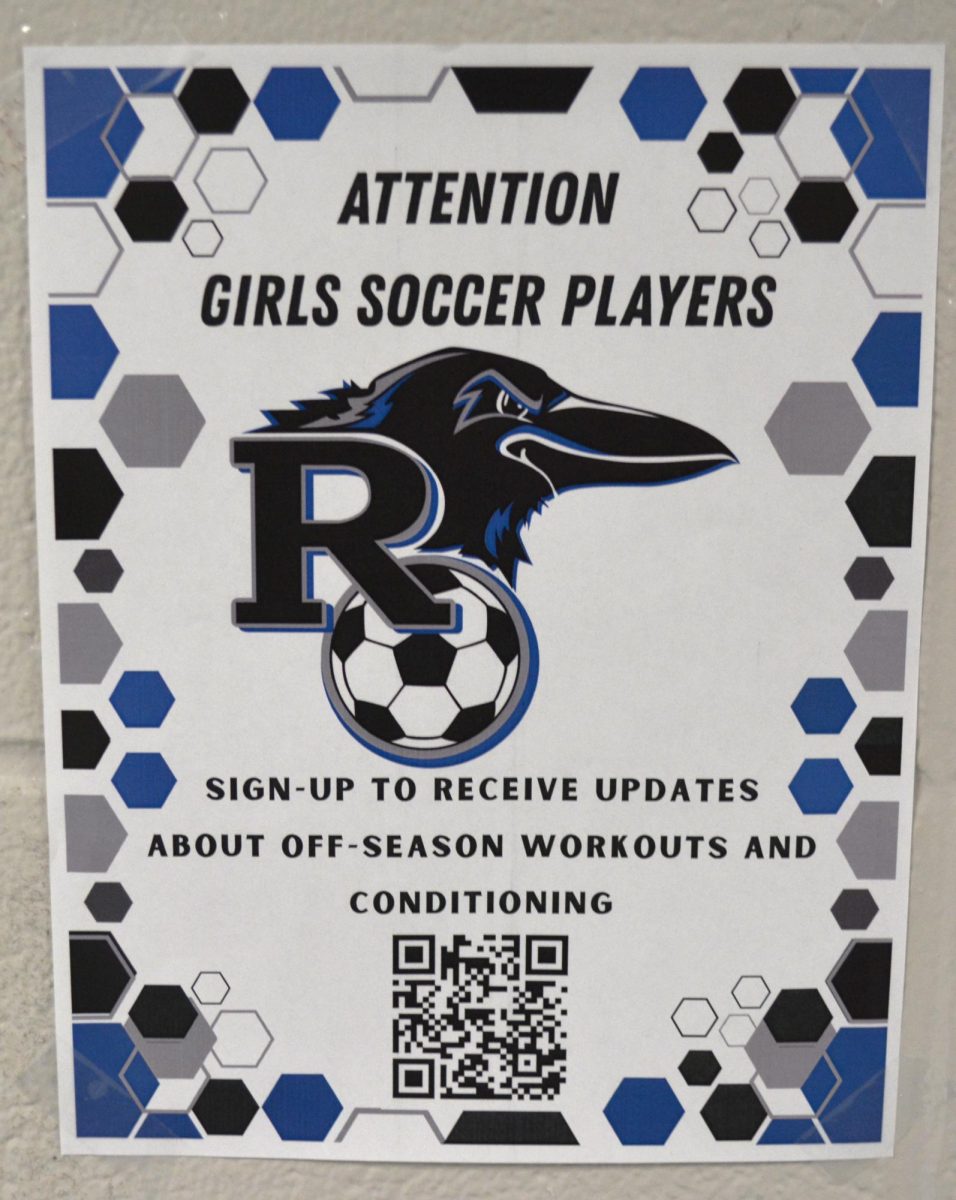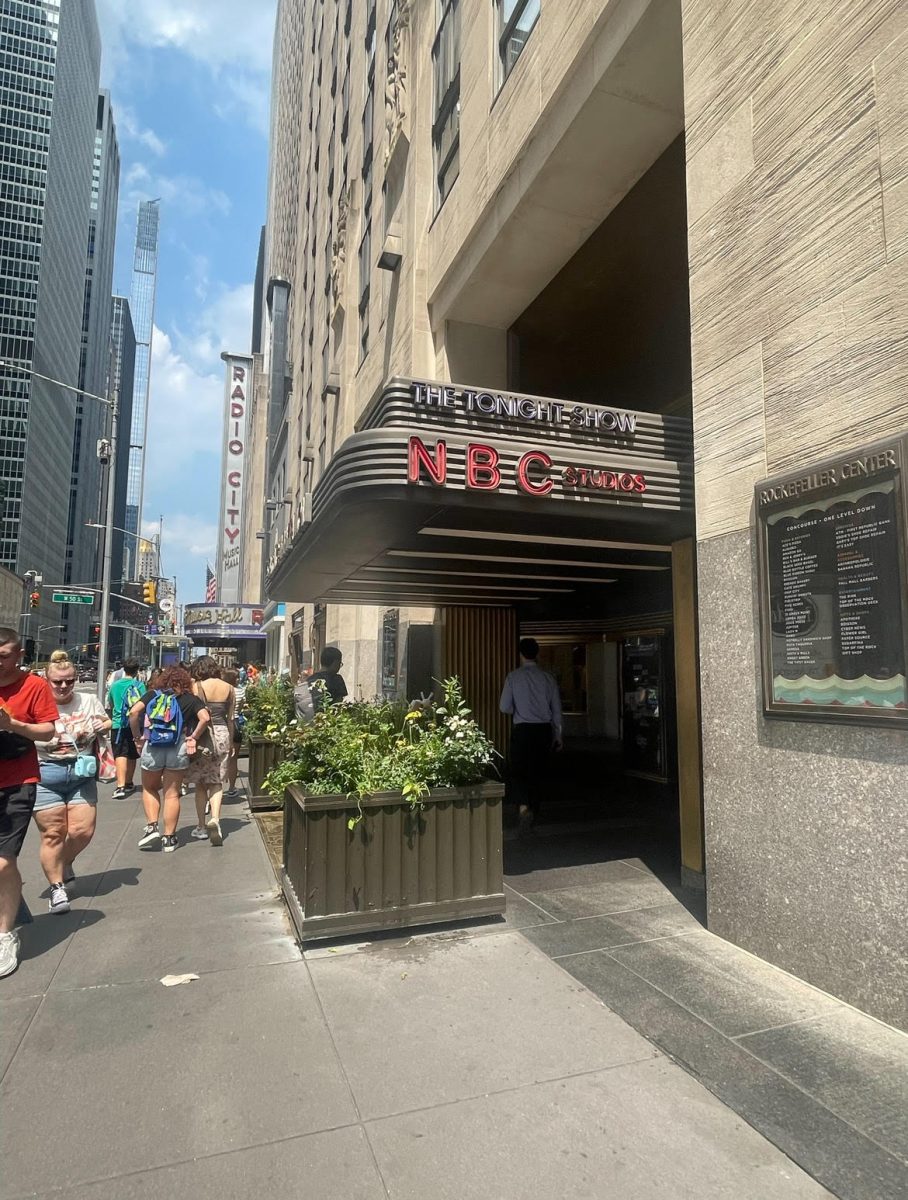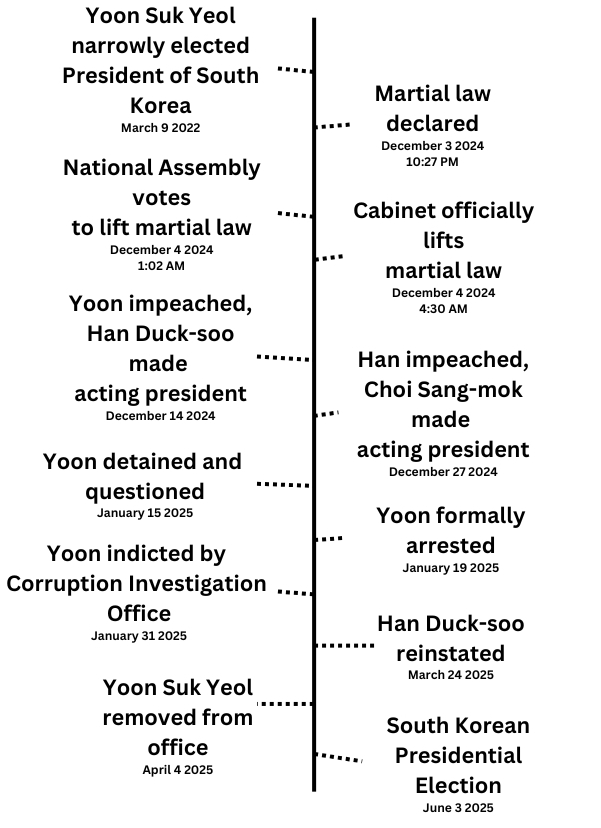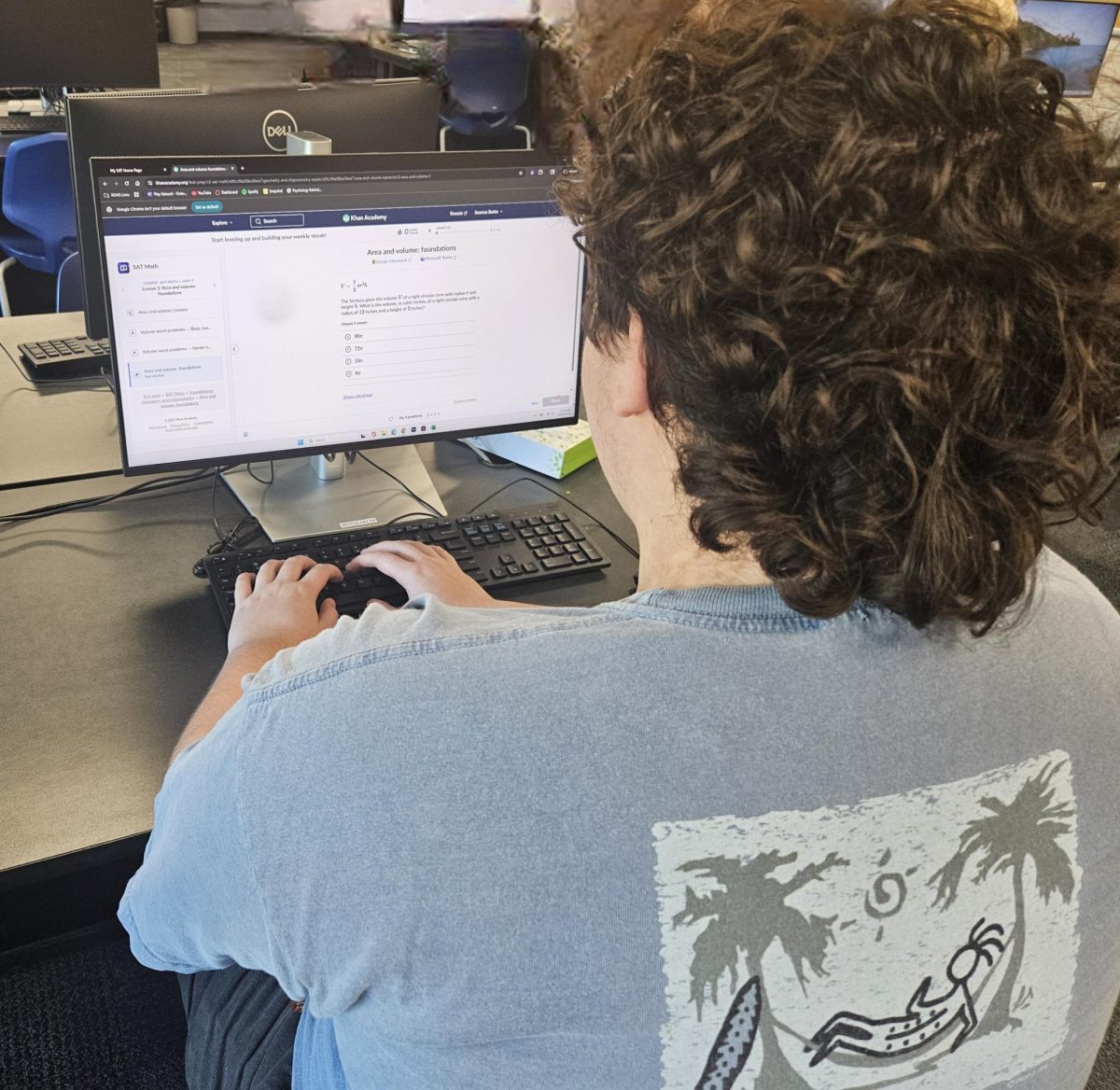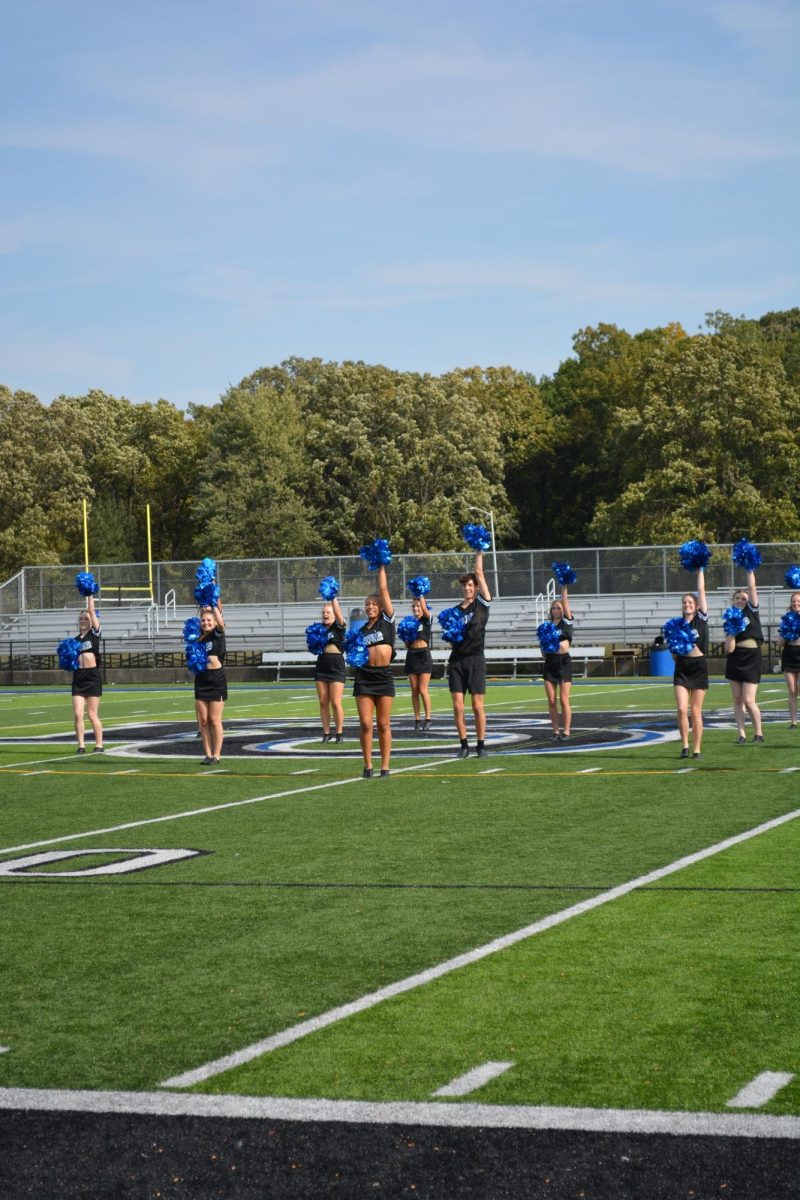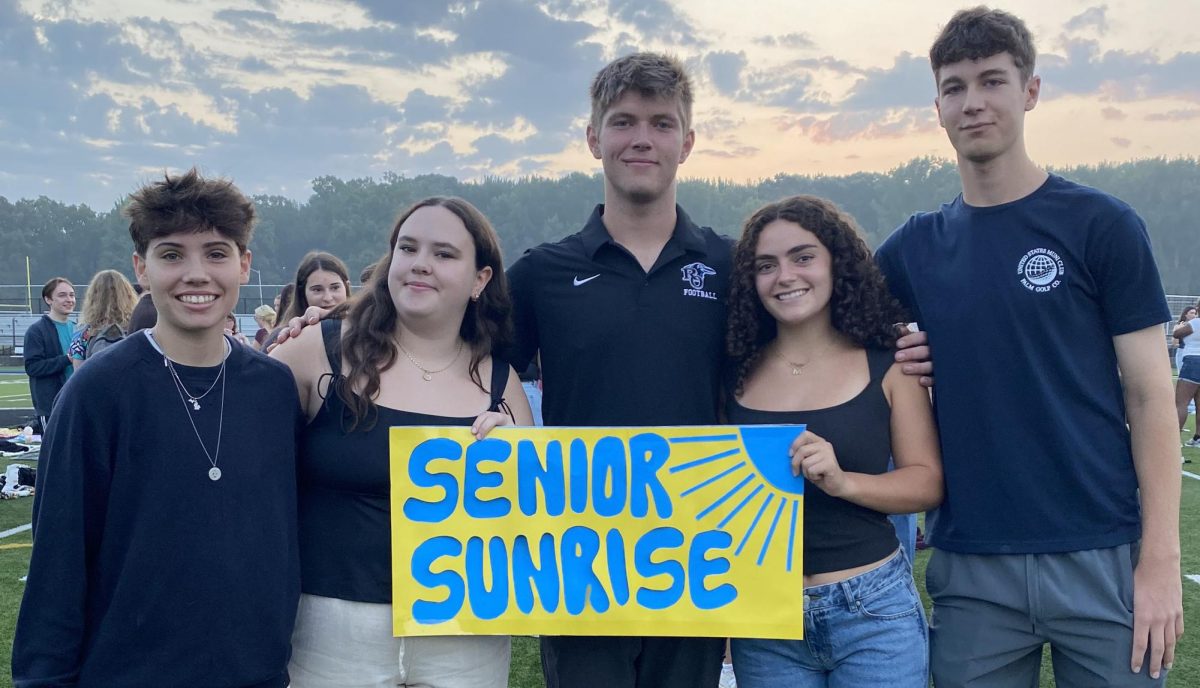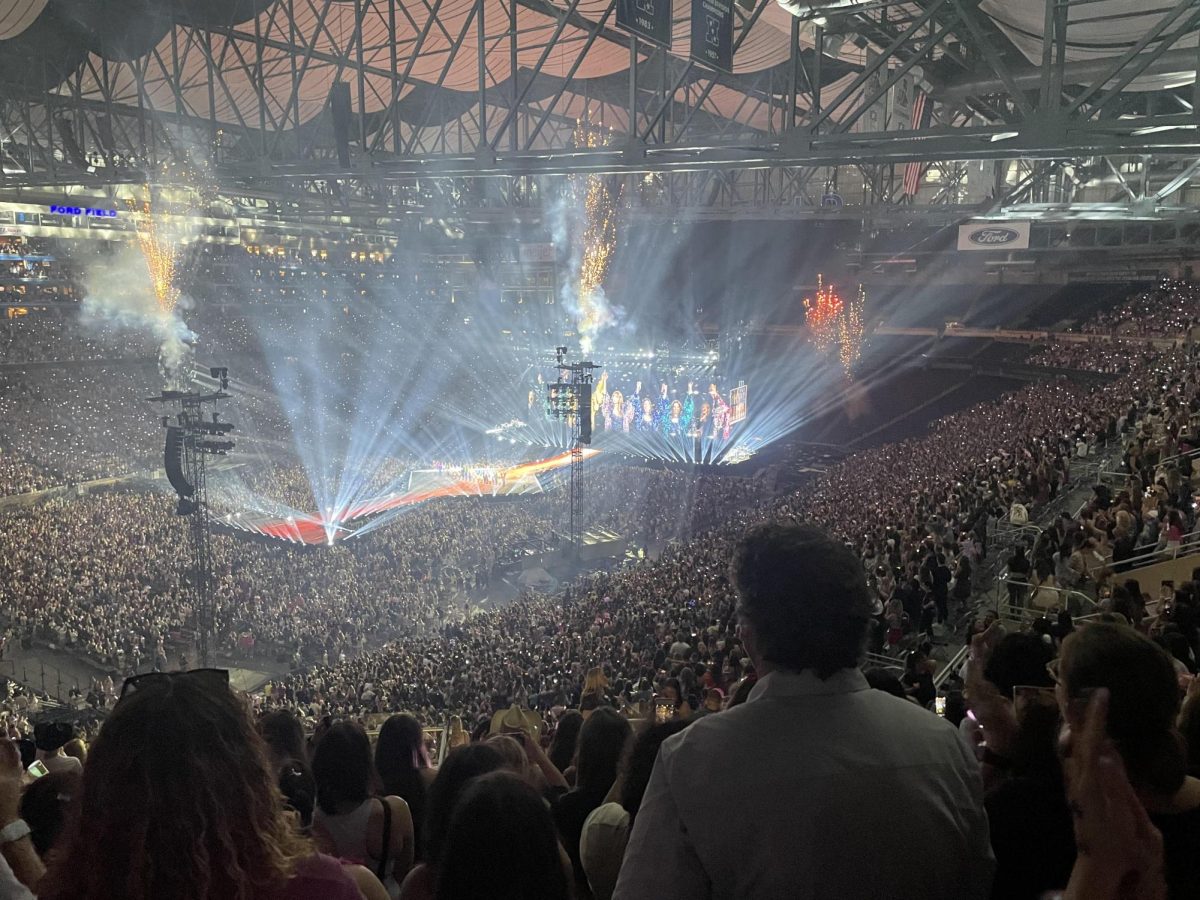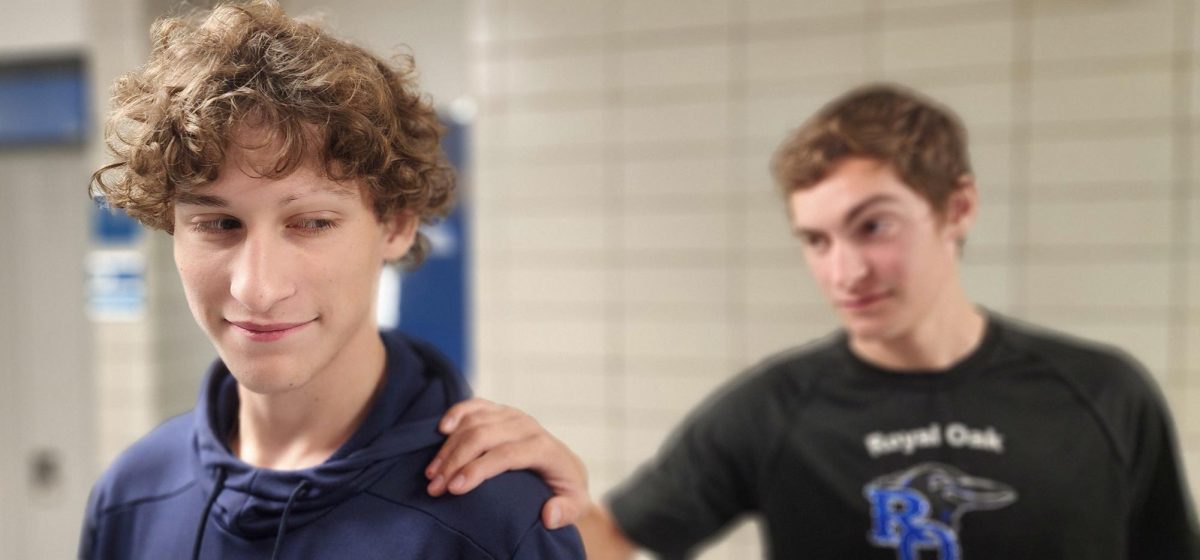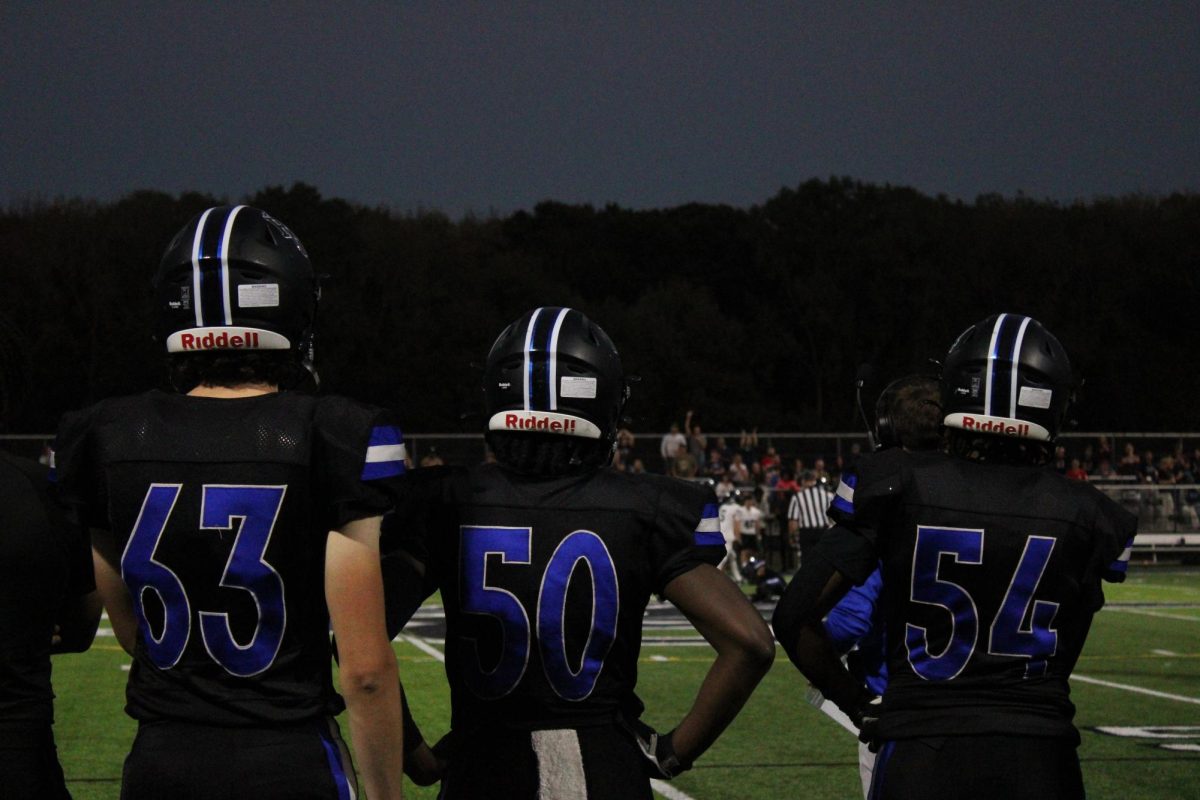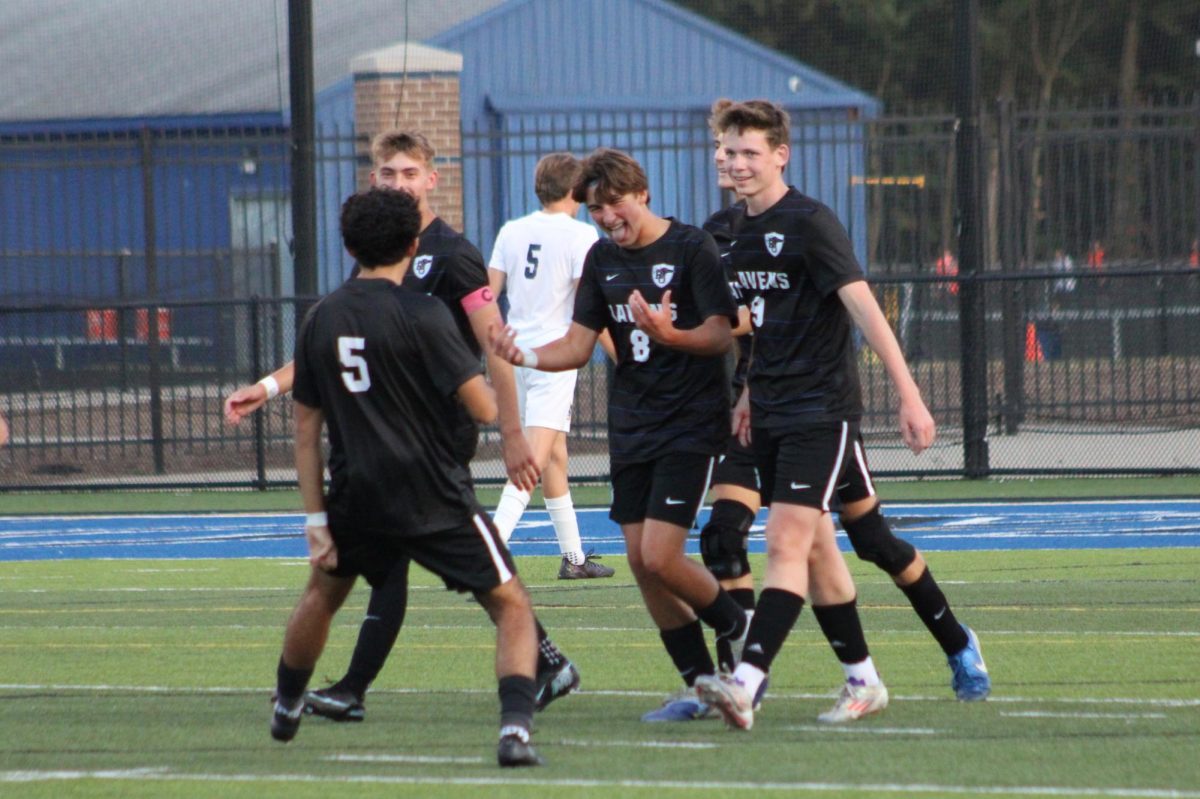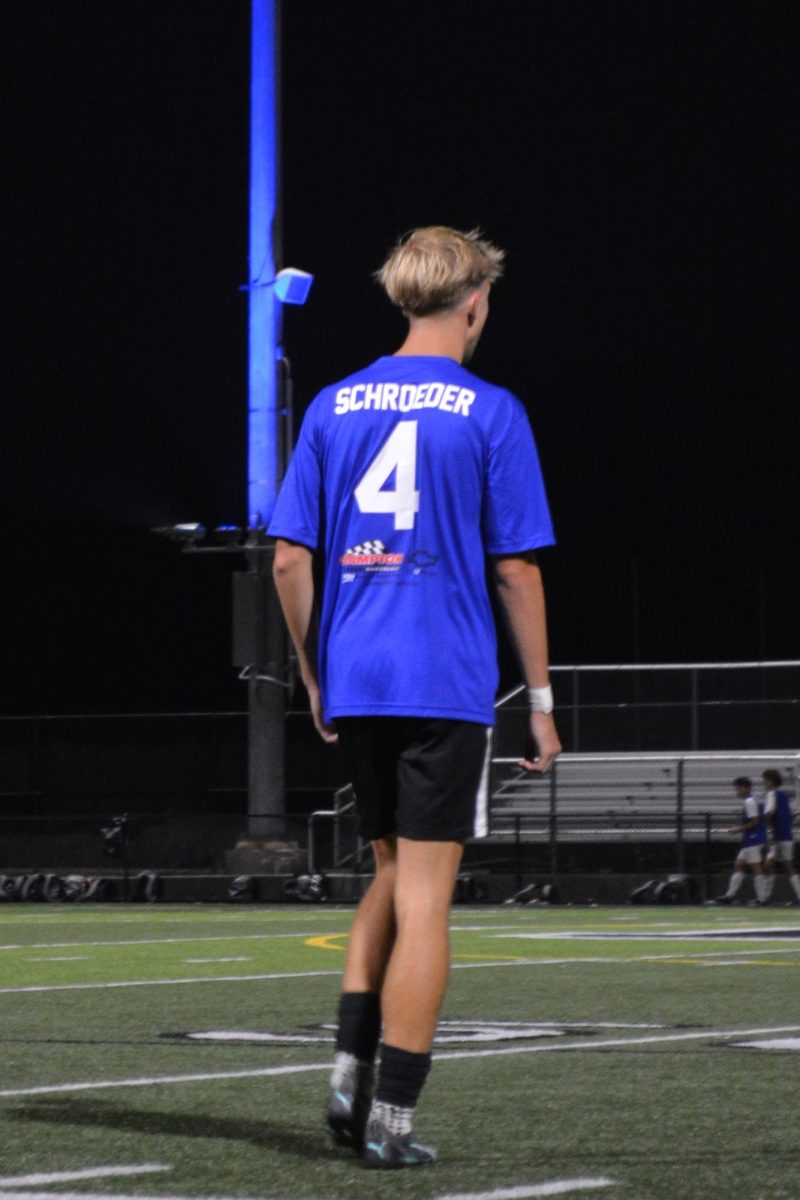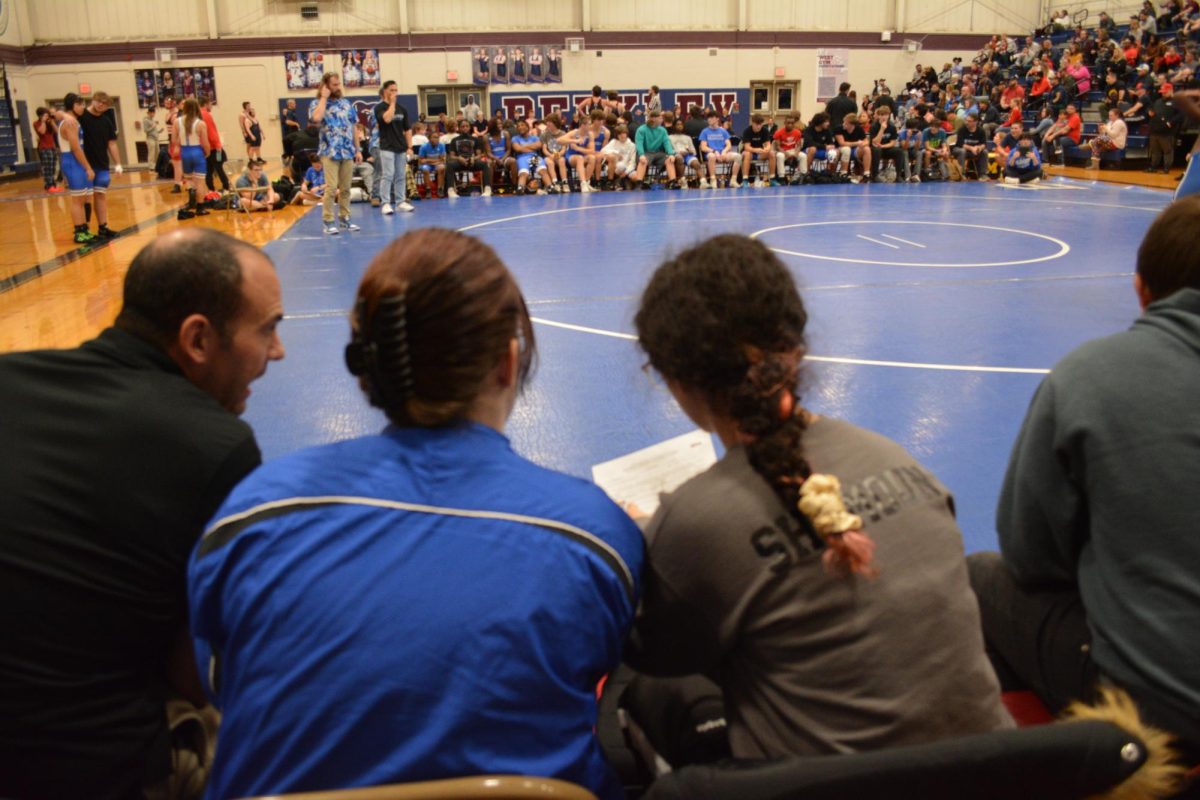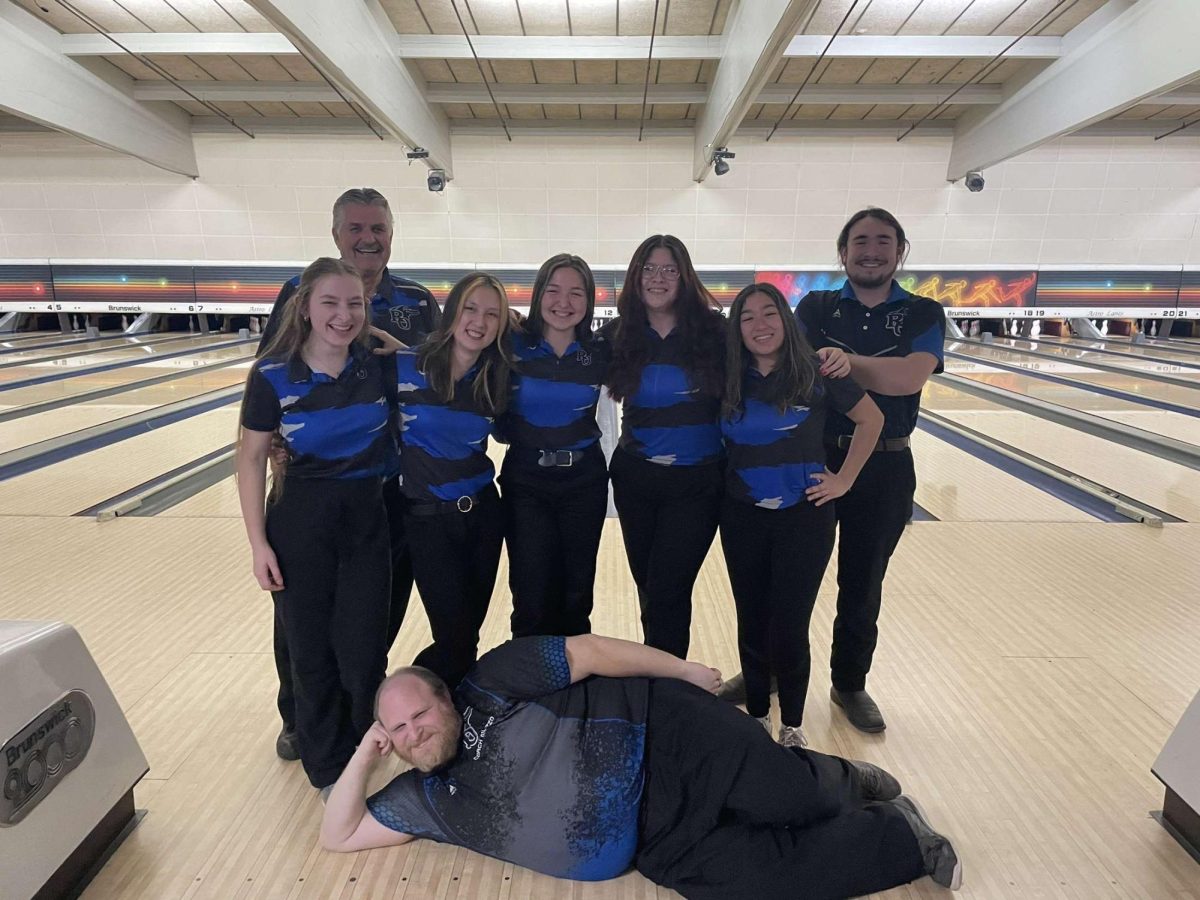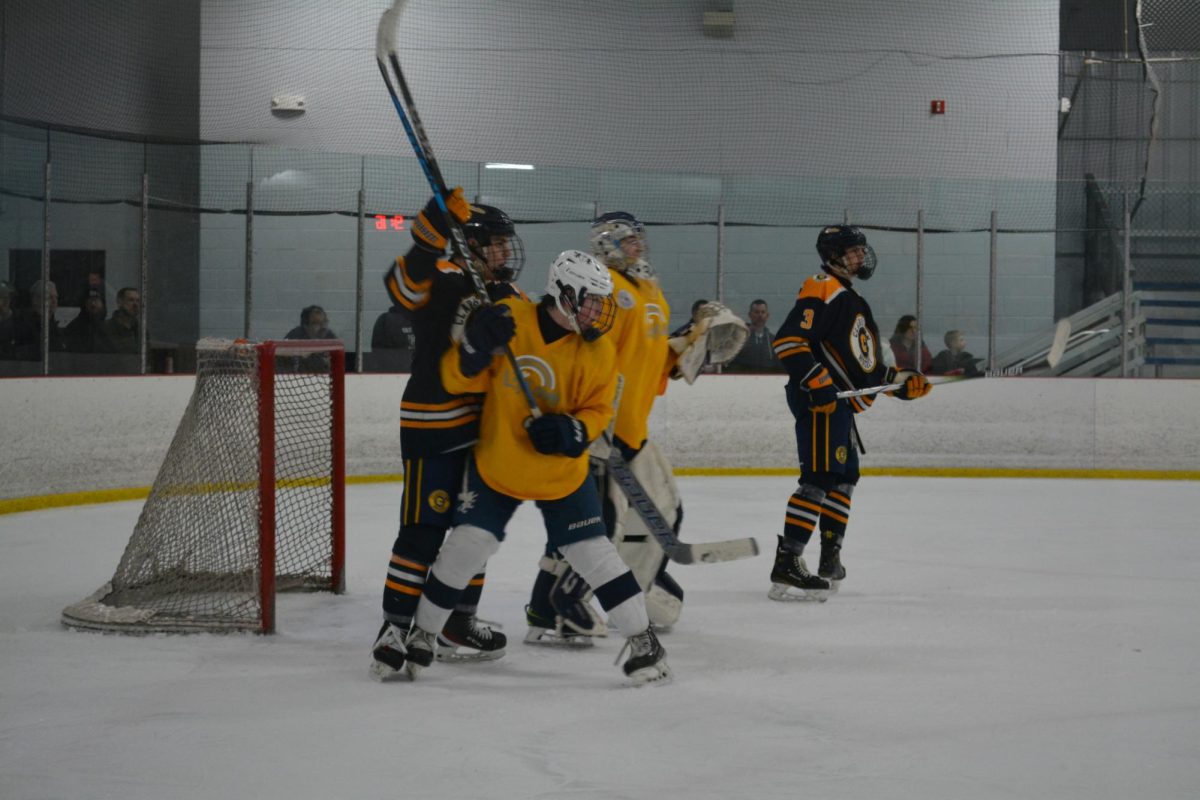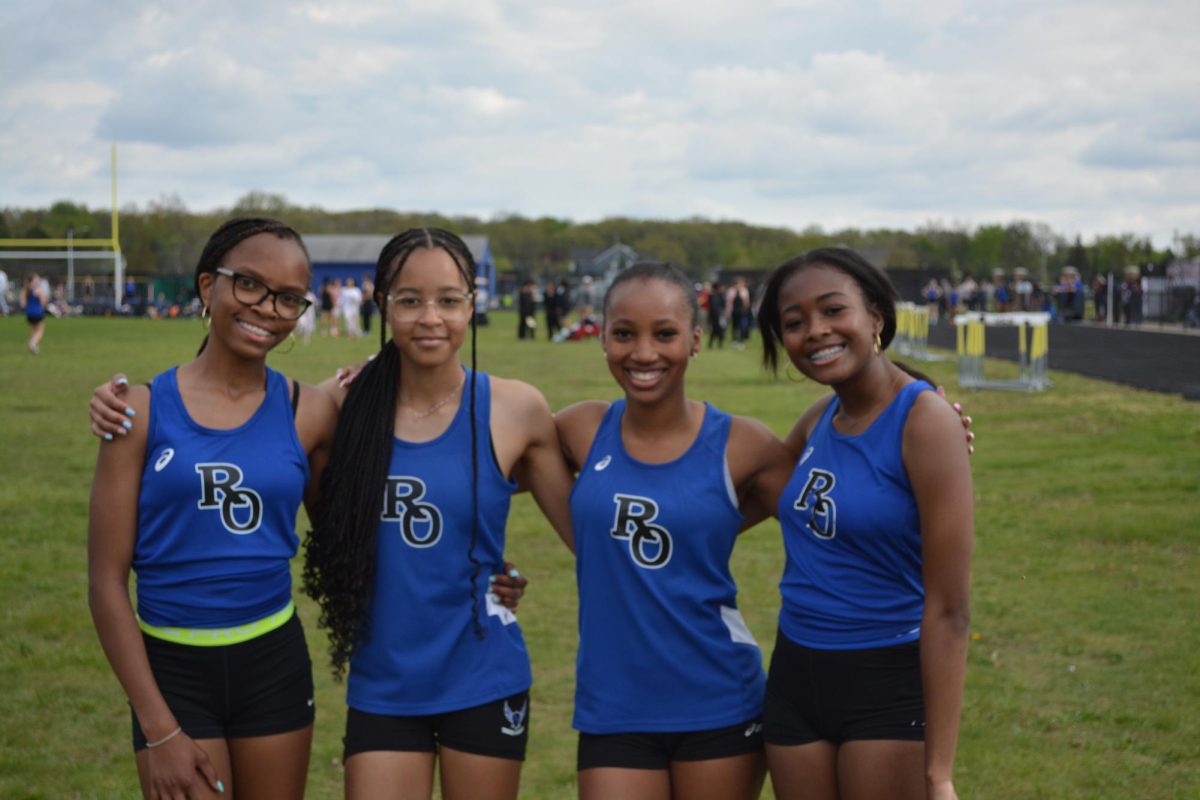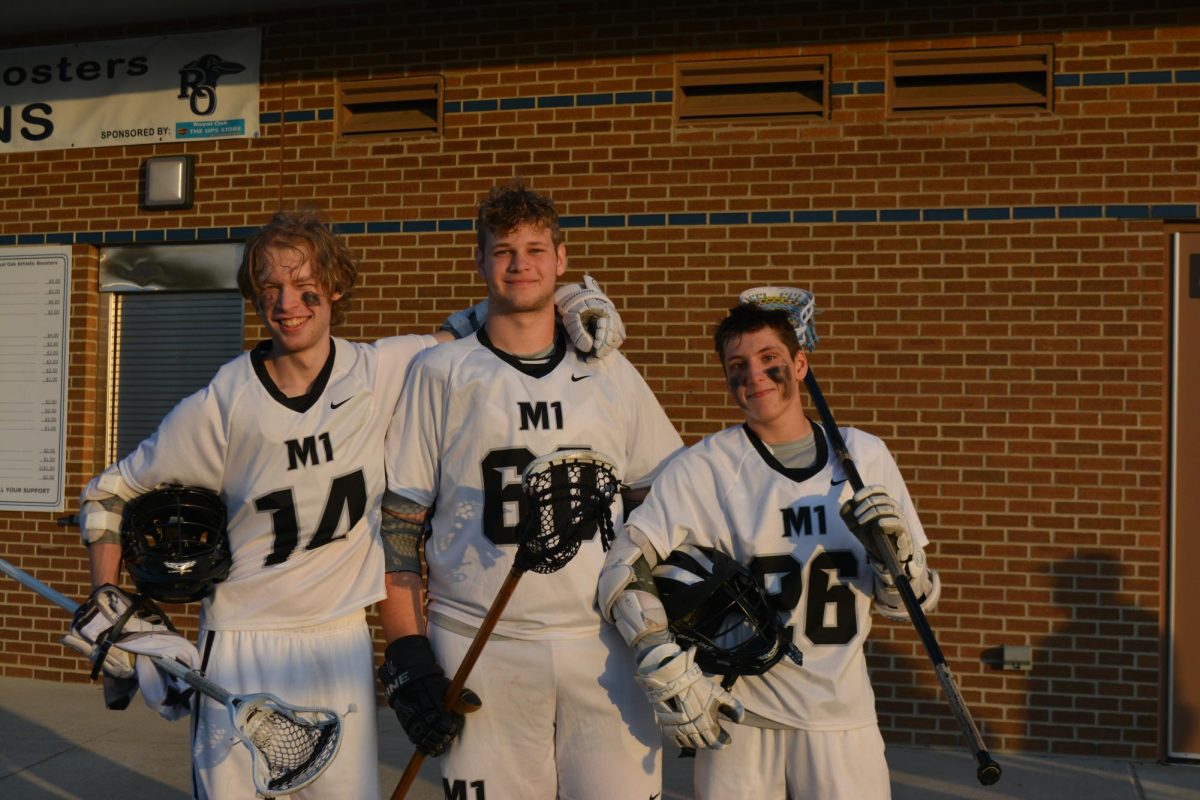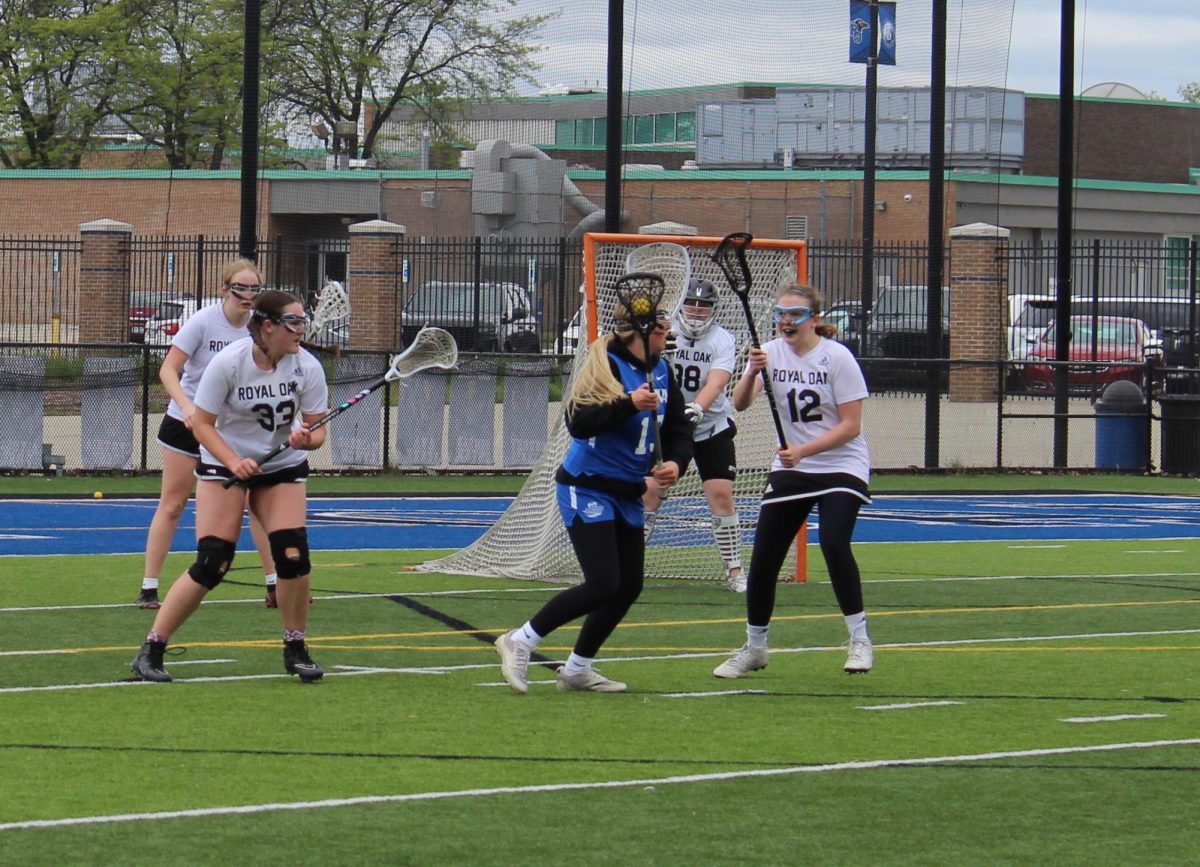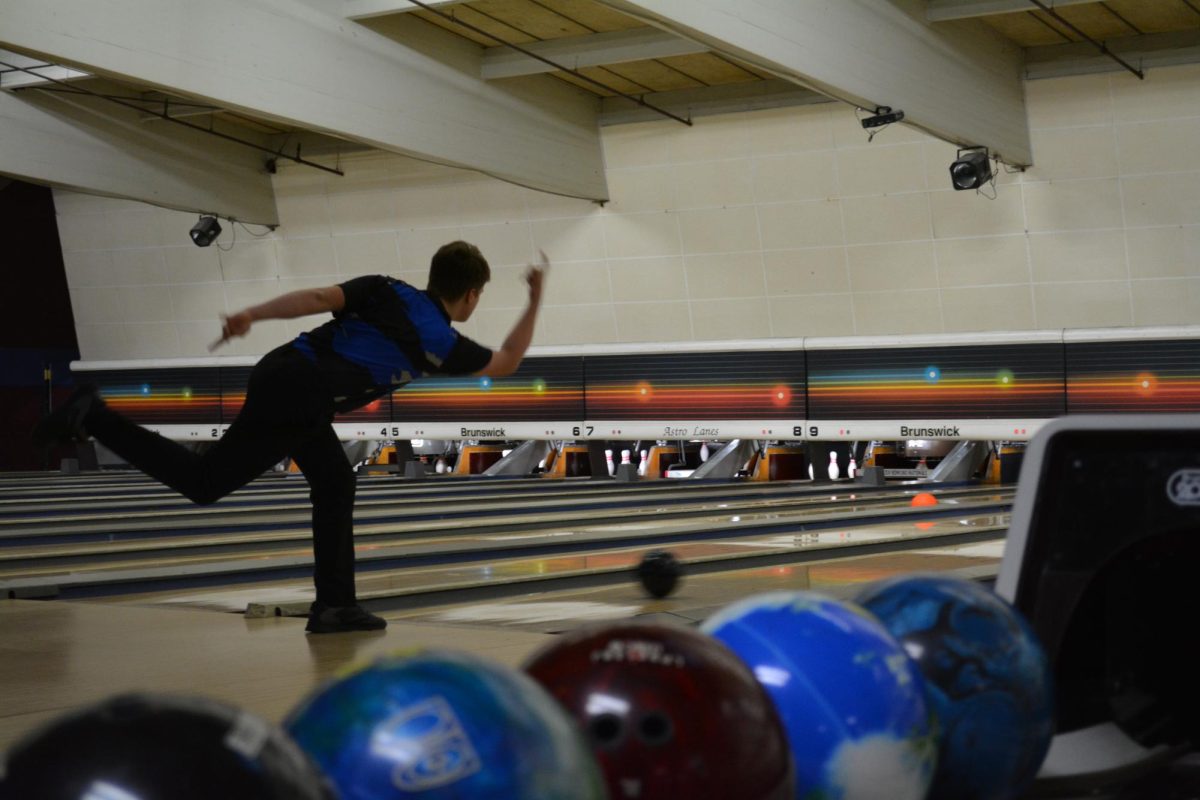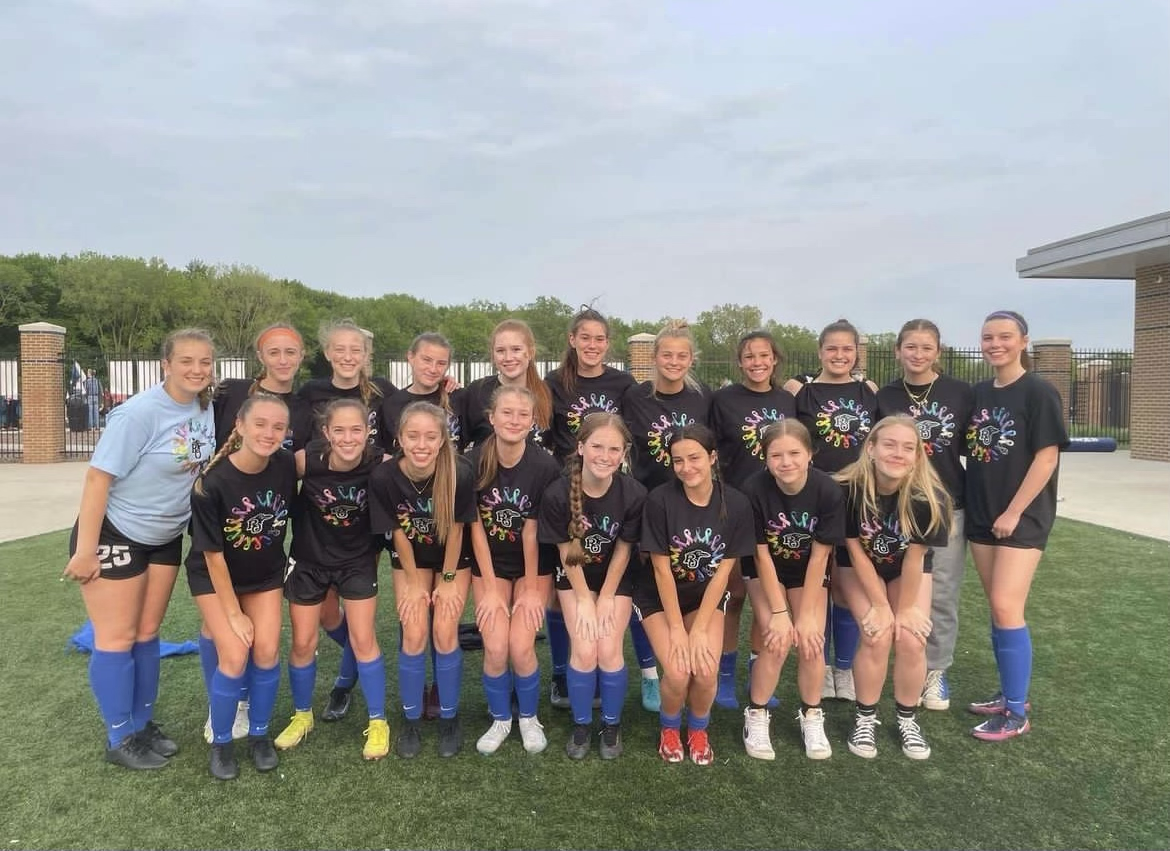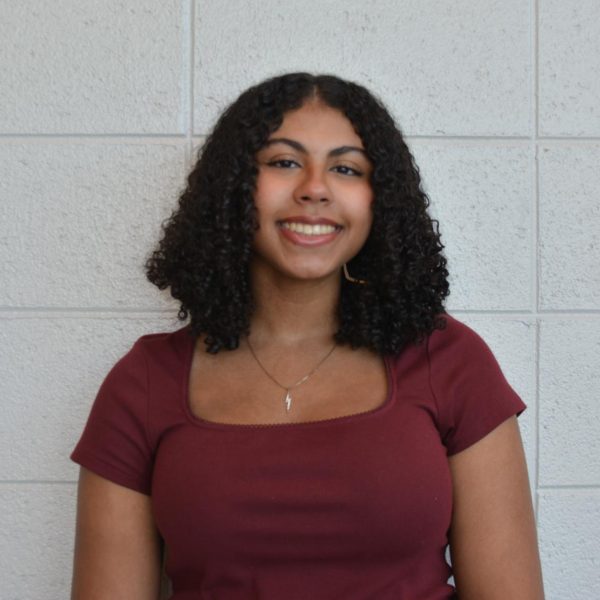The ROHS Model United Nations club hosted the SuperMUN Conference at Royal Oak High School on Saturday, October 18th.
Seventeen schools from across the state were in attendance, including delegates from Académie Ste-Cécile International School in Canada. MUN Secretary-General, Lydia Lawrenson, said that over 160 students participated in the event.
“We had almost 170 delegates from different schools to come and debate here,” Lawrenson said.“That’s really huge.”
During the opening ceremony of the conference, State Representative Natalie Price gave a speech about the importance of education.
“She came to talk about why having education is important for all people around the world and in Michigan,” said Under Secretary General of Internal Conferences of MUN, Owen Krueger.
Lawrenson described Model United Nations as a club where students debate global circumstances and events.
“We are literally modeling the United Nations, so we go to conferences and we debate political issues based on a country’s point of view,” Lawrenson said.
Club co-adviser, Gabrielle Buttazzoni, described SuperMUN as a conference that is meant for beginners.
“I find that it’s sometimes really hard to understand what Model UN is unless you have the chance to actually participate in a conference, and for most of our new members, I feel like that’s where the metaphorical light goes on, and we get to see all these things we’ve been talking about happen in the room,” said Buttazzoni.
Delegates were sorted into beginner, intermediate, and advanced rooms where different topics were debated.
“Our beginner topic was access to education, our intermediate topic was regulating the development in artificial intelligence and information, and then our advanced one was the Afghanistan water crisis,” said Lawrenson.
As debates took place, and questions or issues arose, delegates could go to the Home Government Room, where student officers and adult advisers were ready to assist them.
“If [delegates] had a question about how something in the UN works, or they wanted to research one extra thing about their country, they could leave their committee room for a minute or two and go to [the home government room] and talk to students in home government and adult advisers who could help them do extra research and kind of guide them through any extra pieces of information that they needed to know for the conference,” said Krueger.
Along with assistance and research, students and adult advisers also provided delegates with debate strategies.
“So [adult advisers] do what our title suggests and advise students, so if they are finding themselves in issues or the debate is leaning one way in particular in their room, we can help guide them on strategies that they can use to see the outcome their country would like to see,” said Buttazzoni.
Buttazzoni explained that being a delegate is all about knowing your country. In order for delegates to know their countries, she recommends that they ask questions and do their research.
“The best way to prepare is to just do some research, ask questions, and seek help from peers or advisers,” she said.
Student officers of MUN wrote background guides to help delegates prepare.
“We research the issue and form a background of information to give to people, kind of how it has affected the world and how it’s changed over the last couple of years, and that allows our delegates from other schools and our school to go look at that and understand the topic that we’re talking about and see how they want to tackle it,” said Krueger.
Buttazonni explained that the SuperMUN conference is important for MUN because of the opportunity it provides to new members.
“Not only does it provide a really safe space for our new delegates to kind of try MUN out in a way that is very accessible and in a way that eases them into it, but it’s also one of the ways that our club raises funds by inviting other schools to come and participate in something that we lead, which ultimately allows us to go to bigger and more expensive conferences throughout the year,” she said.

